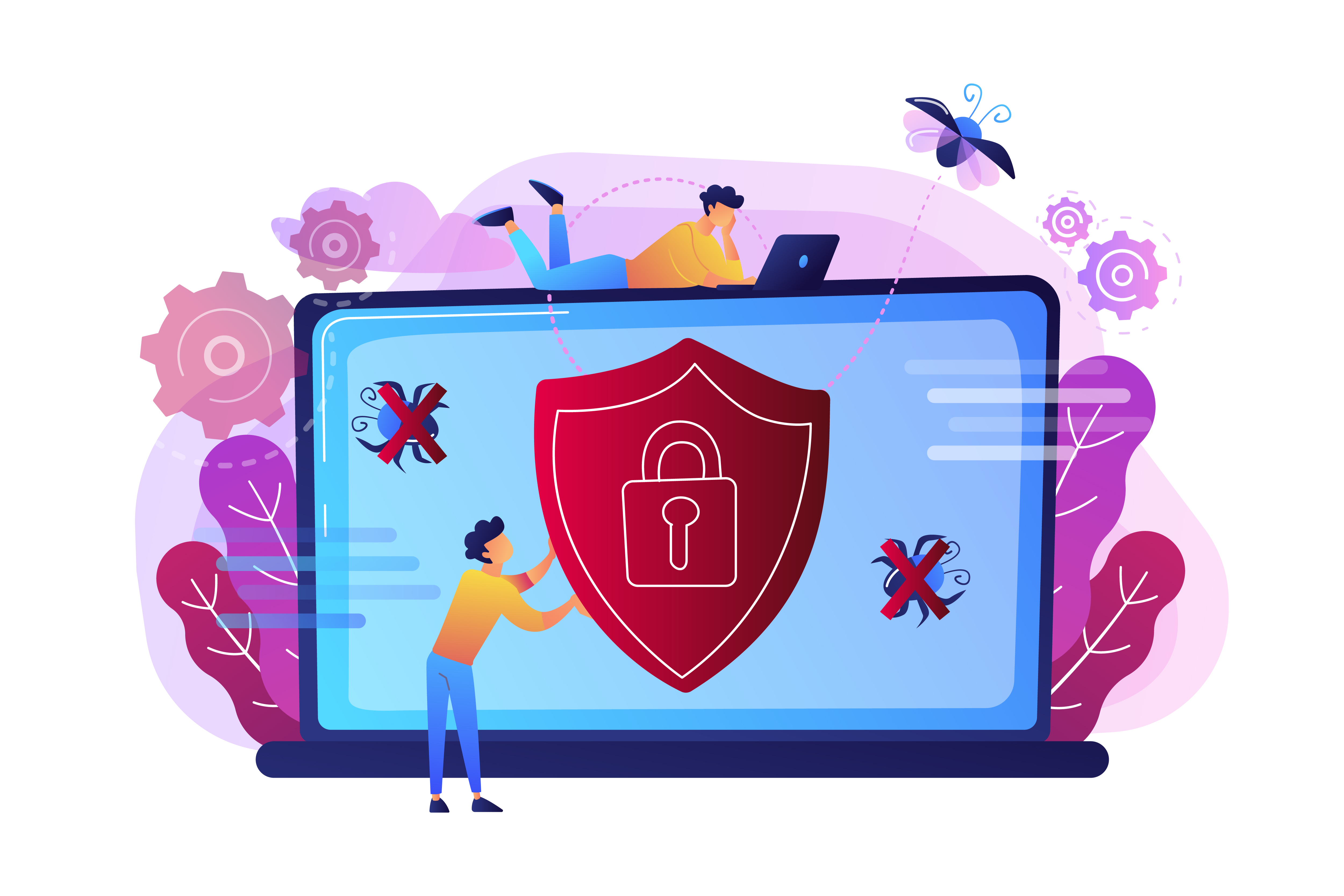Antivirus Software: Evaluating Solutions for Keeping Your Devices Safe
In today’s digital age, where cyber threats are becoming more sophisticated, antivirus software is a vital tool in protecting your devices from malware, viruses, and other online dangers. With so many antivirus solutions available, how do you choose the best one for your needs? This article will explore the features of top antivirus programs, what to look for when selecting one, and how to keep your devices secure.

Why Antivirus Software is Essential
Protecting Your Personal Data
Antivirus software is crucial for protecting sensitive information, such as personal emails, banking details, and passwords. Without proper protection, your devices can be vulnerable to malware that can steal, corrupt, or delete important data.
Preventing Malware and Ransomware
Malware and ransomware are designed to infect and disable your computer or demand payment in exchange for regaining access to your files. Antivirus software scans for known malicious threats, providing real-time protection to keep your data safe and your system running smoothly.
Blocking Phishing Attacks
Phishing attacks trick users into providing personal information by disguising malicious emails or websites as trustworthy. Many antivirus programs have phishing protection features that block fraudulent websites and alert you when an email seems suspicious.
What to Look for in Antivirus Software
Comprehensive Threat Protection
A good antivirus program should provide comprehensive protection against a wide range of threats, including viruses, spyware, ransomware, and phishing attempts. It’s important to look for software that offers real-time scanning, meaning it actively monitors your device for any potential threats.
Ease of Use
Antivirus software should be user-friendly, with a simple interface that allows easy access to all its features. While advanced features are important, the software should not be overwhelming for everyday users. Look for a program that doesn’t slow down your device or interfere with your normal activities.
Multiple Device Protection
With many people using smartphones, tablets, and multiple computers, antivirus software should ideally offer multi-device protection. Some antivirus solutions offer a package that covers several devices, which can be a cost-effective way to ensure all your gadgets are safe.
Regular Updates
Cyber threats evolve rapidly, so antivirus software needs to be regularly updated to recognize new malware and viruses. A reliable antivirus program should automatically update itself, ensuring that your device is protected against the latest threats.
Top Antivirus Software Solutions
Norton 360
Norton 360 is widely recognized for its comprehensive protection and user-friendly interface. It offers real-time protection, secure VPN for online privacy, and cloud backup for your files. Norton also has features that protect against identity theft, making it a great choice for users who want all-around protection.
McAfee Total Protection
McAfee is another top choice for antivirus protection, known for its strong malware detection and prevention capabilities. It includes real-time scanning, identity theft protection, and a secure VPN. McAfee’s total protection plan can cover multiple devices, including smartphones and tablets, which is perfect for families or individuals with multiple gadgets.
Bitdefender Antivirus Plus
Bitdefender is highly rated for its advanced security features and strong performance. It includes anti-malware tools, a secure VPN, and web filtering to protect against phishing attacks. Bitdefender’s software is lightweight and doesn’t slow down the system, making it ideal for users who want minimal disruption while browsing the web.
Kaspersky Anti-Virus
Kaspersky is known for its excellent malware detection rates and effective protection against ransomware. Kaspersky offers features like real-time scanning, email protection, and automatic updates to ensure that your device is always safeguarded. Though Kaspersky has received some controversy over its Russian origins, many users still consider it one of the best in terms of performance and reliability.
Avast Free Antivirus
If you're looking for a free solution, Avast provides a robust free version of its antivirus software. While not as feature-rich as the paid versions, Avast’s free antivirus offers essential protection against viruses, malware, and phishing threats. It’s a good option for those on a budget but still want solid protection.
Extra Features to Consider
Firewall Protection
Many antivirus programs come with built-in firewall protection that monitors the traffic coming in and out of your device. A firewall adds an extra layer of defense by preventing unauthorized access to your system. This feature is particularly helpful when you are using public Wi-Fi networks.
VPN (Virtual Private Network)
A VPN can secure your internet connection by encrypting your data and hiding your IP address. Some antivirus programs include a VPN feature, which is a valuable addition for those who prioritize online privacy and security, especially when using public or unsecured networks.
Parental Controls
If you have children, consider an antivirus solution that includes parental controls. These features allow you to set restrictions on websites, monitor your child’s online activity, and limit screen time. This can help keep your kids safe from inappropriate content and online predators.
Cloud Storage
Many antivirus programs offer cloud storage for backing up important files. This feature ensures that your documents and photos are safe from data loss due to malware or hardware failure. If your antivirus solution includes cloud backup, it can be a useful addition for extra peace of mind.

How to Maximize Protection
Stay Up to Date with Software Updates
Make sure your antivirus software is regularly updated to ensure you have the latest virus definitions and protection. Cybercriminals are constantly evolving their tactics, so staying updated will help your antivirus software stay effective.
Practice Safe Browsing
While antivirus software plays an important role in protecting your devices, practicing safe browsing habits is also essential. Avoid clicking on suspicious links, downloading files from untrusted sources, or visiting websites with a questionable reputation. These actions can help prevent infections and reduce the load on your antivirus program.
Use Strong Passwords
Along with antivirus protection, using strong and unique passwords for your online accounts is crucial. Consider using a password manager to generate and store complex passwords, and enable two-factor authentication for added security.
Conclusion: Finding the Right Antivirus Solution
Choosing the right antivirus software can make a huge difference in keeping your devices and personal information safe from cyber threats. The best antivirus software offers comprehensive protection, ease of use, regular updates, and additional features like VPNs and cloud storage. While there are free options available, investing in a paid solution often provides more advanced protection, especially if you have multiple devices.
Whether you’re looking for a free or paid option, make sure to evaluate your needs and compare different antivirus solutions. Regular updates, strong protection, and safe browsing practices are key to ensuring that your devices remain safe and secure in an increasingly digital world.












